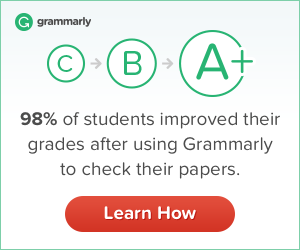A verbal is a verb form used as some other part of speech. There are three kinds of verbals: gerunds, participles, and infinitives.
A gerund always ends in ing and is used as a noun.
Example:
Eating is fun.
A participle is used as an adjective and ends various ways. A present participle always ends with ing as does the gerund, but remember that it is an adjective. A past participle ends with ed, n, or irregularly.
Examples:
played, broken, brought, sung, seeing, having seen, being seen, seen, having been seen
An infinitive is to plus a verb form. It can be a noun, an adjective, or an adverb.
Examples:
to be, to see, to be seen, to be eaten
Instructions: Find the verbals in the following sentences.
1. Is Sam too busy to help us?
2. This car is hard to use and to repair.
3. Where did you go to find that mutt?
4. Oh, I didn't lock the door before leaving home today!
5. Having swum for two hours, I felt rather tired.
--For answers scroll
down.
Answers:
1. Is Sam too busy to help us?
2. This car is hard to use and to repair.
3. Where did you go to find that mutt?
4. Oh, I didn't lock the door before leaving home today!
5. Having swum for two hours, I felt rather tired.
For your convenience, all of our lessons are available on our website in our lesson archive at http://www.dailygrammar.com/archive.html.







No comments:
Post a Comment